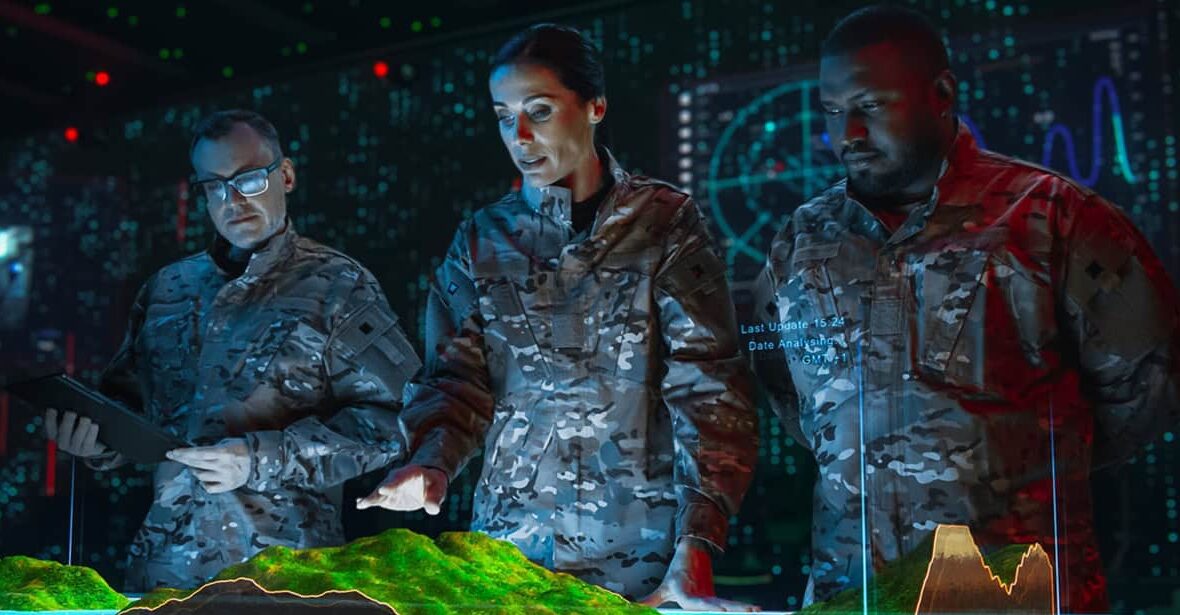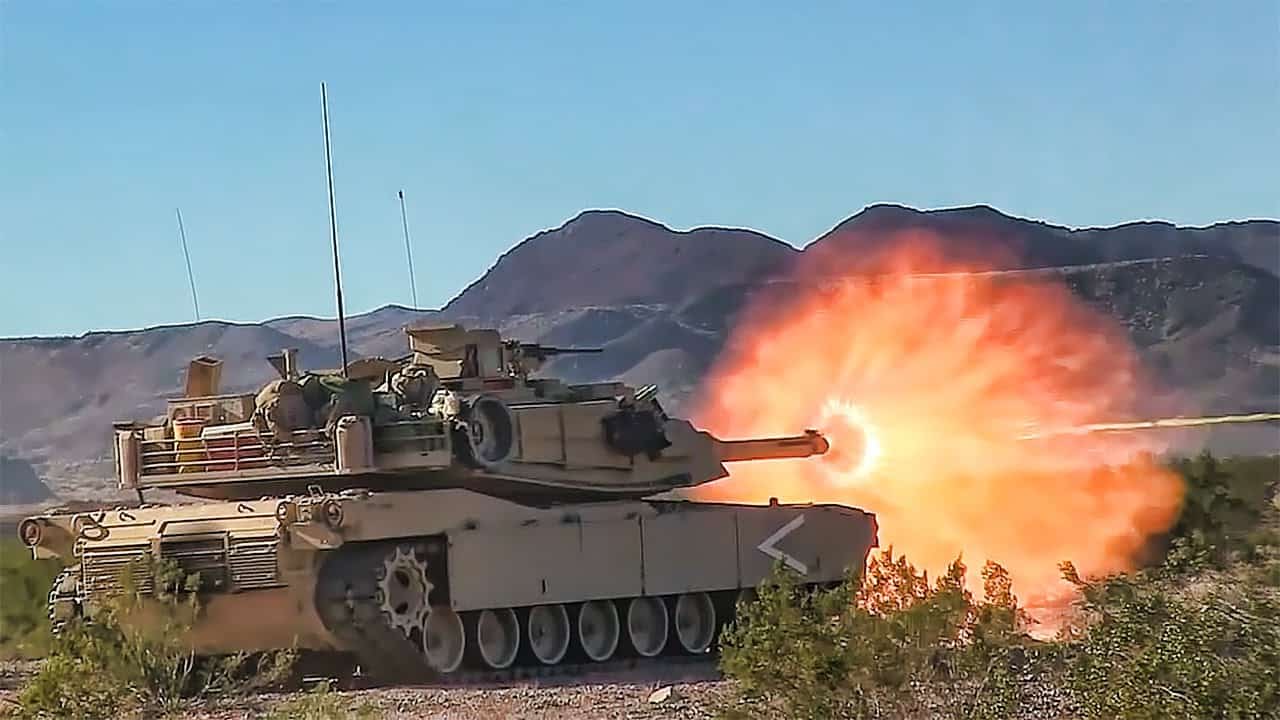Improving Front-end Technical Defintion of Complex Projects
Acquisition of modern, complex military systems is generally a difficult process. Recent history is littered with numerous examples of military projects that have failed to deliver. And unfortunately, many of these projects ultimately end up being cancelled with considerable losses in time, money and reputation to all involved. What is so galling about all this massive waste is that it is usually completely avoidable. So let’s take a few minutes to understanding one of the most regularly occurring problems and describe some actions that can be taken to mitigate against it.
Inadequate project and requirements definition
This problem is regularly cited as the most common cause of project problems leading to cost overruns and schedule delays. The key driving issue here is the lack of time invested in adequately defining the key operational and technical requirements of the project. This fundamental part of the project process often lacks analytical rigor and always seems to be deprived of enough time and money. Depending on the complexity of a military program, one should be investing around 3% of the systems engineering budget to getting this project phase correct.
You probably think this is a relatively easy and straight forward issue to deal with but you are wrong. For some reason, both government and defense companies struggle to get this fundament step right. In dealing with this fundamental problem, it is wise to always invest a considerable amount of effort in developing a well-crafted Operational Concept Document (OCD). The OCD – as it is commonly referred to – correctly captures the key operational requirements, systems functionality and technical risk associated with the project. If prepared correctly, it forms the capstone document of the project and provides a strong foundation for building and delivering a successful military program. The problem is OCDs are rarely worth the paper they are written on. Why is this I hear you say!
Improving Operational Concept Documents
Well, the primary reason is that developing an effective OCD requires considerable professional skill in project-related military technology, high levels of operational and technical experience and an excellent grounding in a method to develop the document and its associated artifacts. The sad truth is that few people develop the unique combination of these skills. And its unlikely one will develop such skills as part of a normal professional career in government, the military or engineering practice.
So what’s the solution to this problem? Firstly, go and find a consulting or training company or someone in your organization that has developed at least three OCDs for moderate to high complexity systems. Once someone has been involved in developing at least three of these documents you can have some assurance that they know what they’re doing (but not always). The problem is you are unlikely to find such a person if you work in government. Another good alternative is to hire a good training organization that can teach your team the essential knowledge and skills needed to develop effective OCDs.
Secondly, make sure the consultant or training organization has a properly documented methodology to support OCD development. Such a method should involve all stakeholders and have a clearly defined process to correctly elicit requirements and a suitable database to capture the inputs and outputs of the process. A reliable and proven technique involves the use of scenario driven workshops to elicit and capture operational requirements, measures of effectiveness and critical technical parameters. Experience has shown that four to five workshops are usually sufficient to capture enough information to allow development of a good OCD.
And finally, the best way to maximize the effectiveness of the OCD development process is to make sure all people are trained if the OCD development method.
If you follow these few simple suggestions, then you can have some confidence that you’ll be able to develop a good OCD and your project will get off to the best possible start.
To learn more about the Eggler Institute of Technology’s specialist systems engineering courses and project management courses addressing this important issue, please visit our course catalogue.
About the Authors
Mark Eggler, BE (Hons), MSc, CPEng.Mr. Mark Eggler. Mark has over 30 years’ experience as a senior project manager, professional engineer and teacher of systems engineering, military vehicle technology and leadership courses. Mark has developed more than 30 courses covering different aspects of military technology which he delivers worldwide. He is also a visiting fellow at the University of New South Wales, Australian Defence Force Academy.



